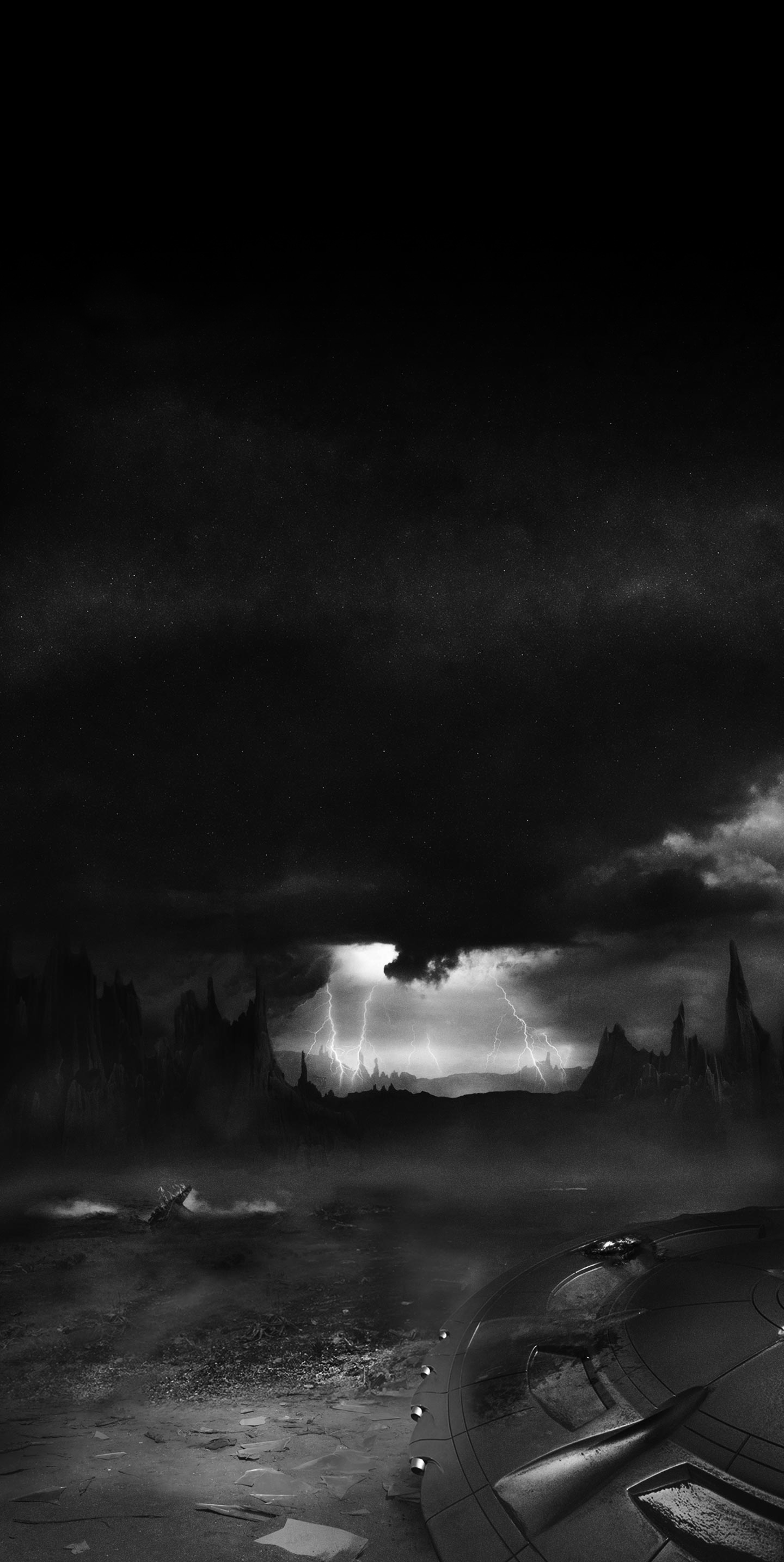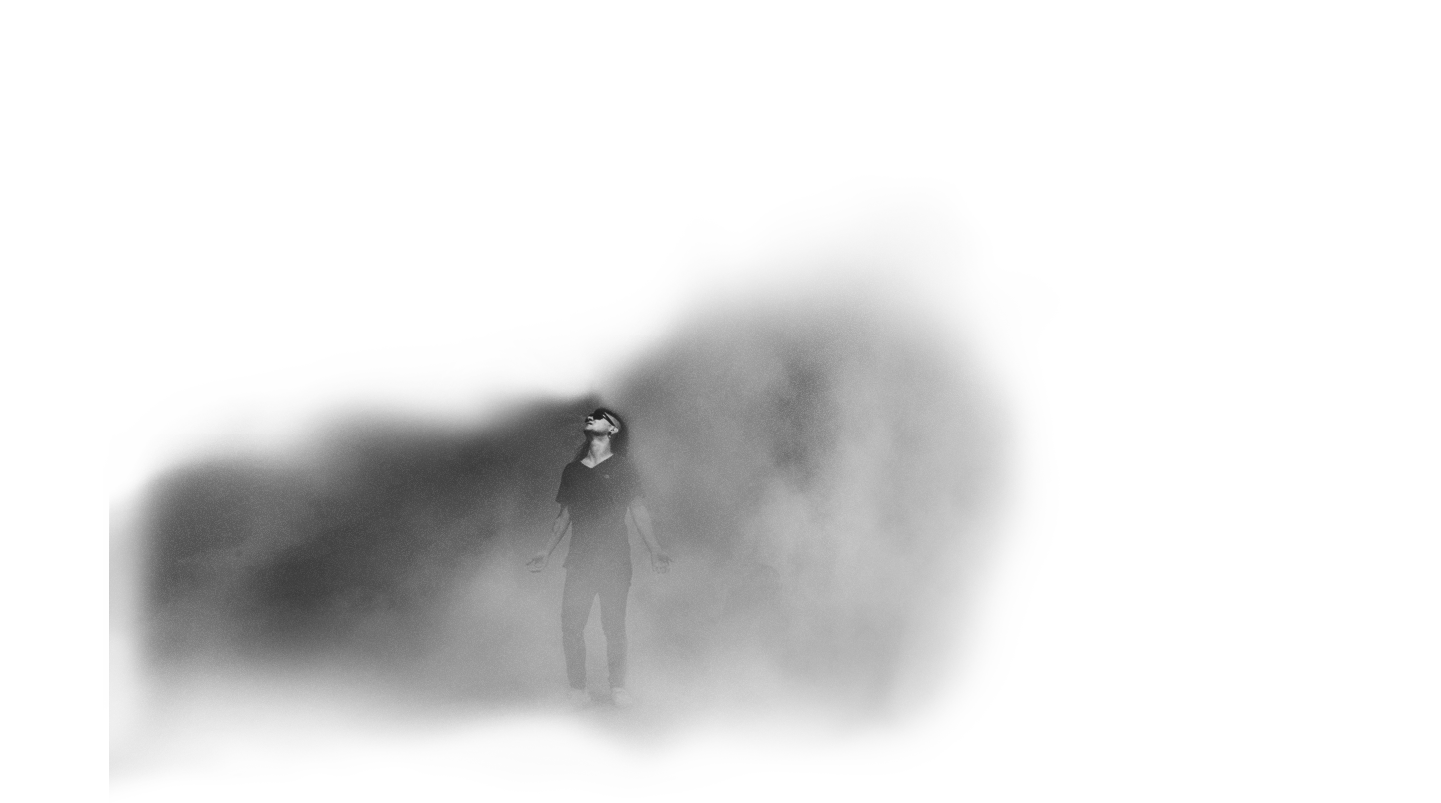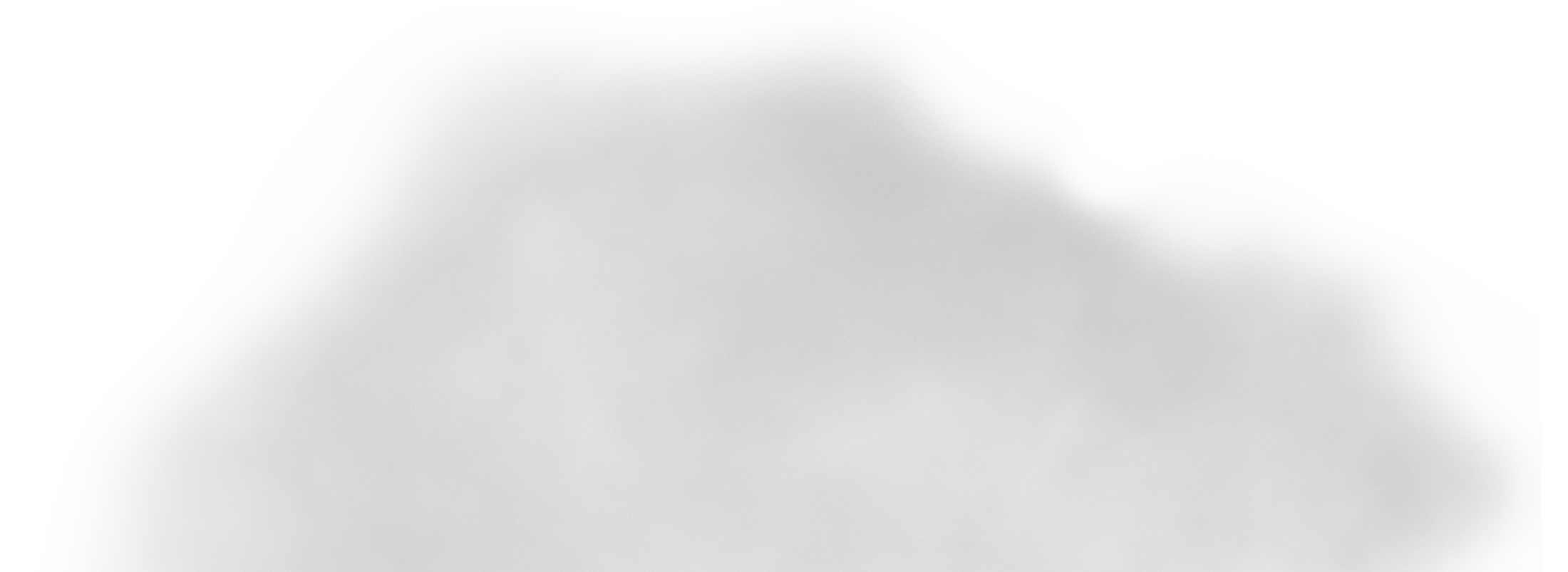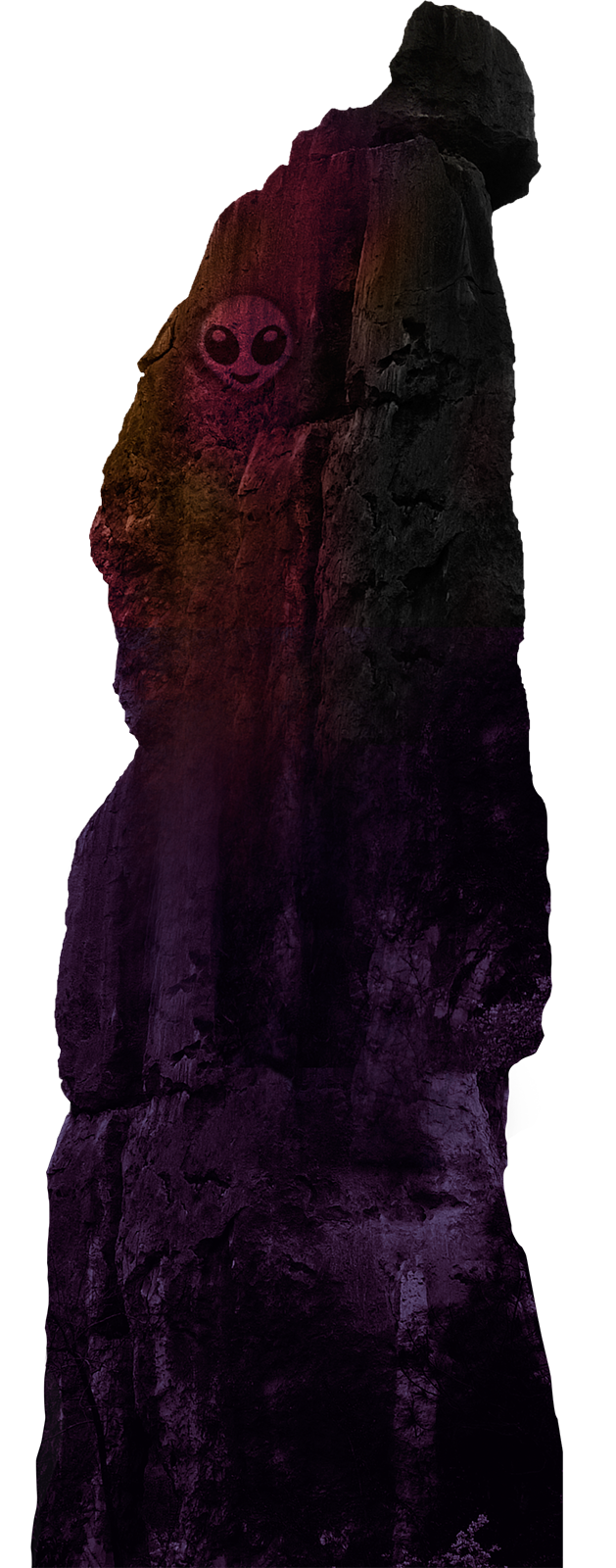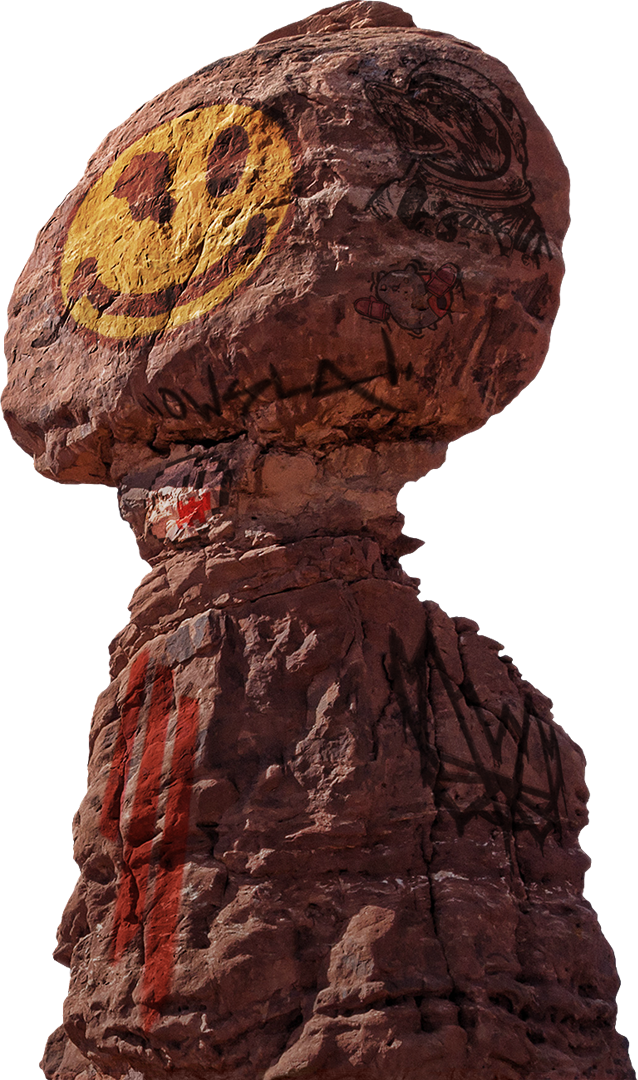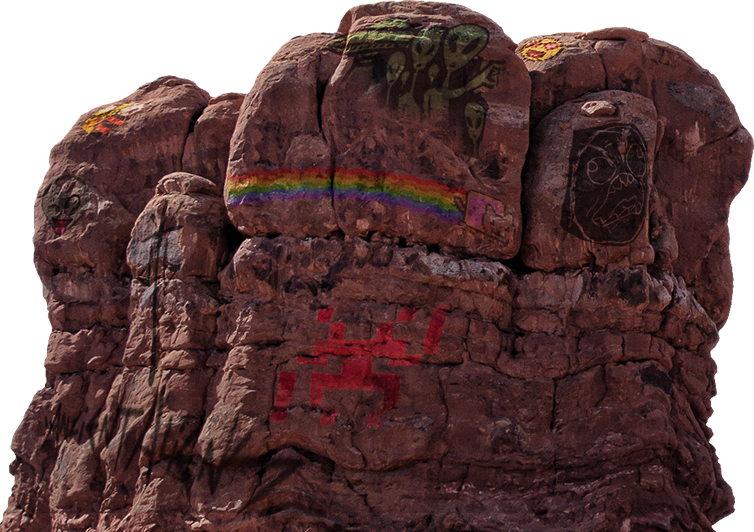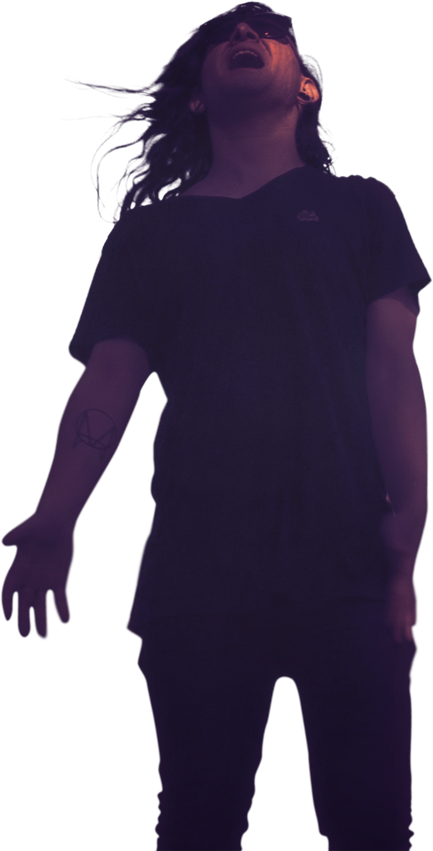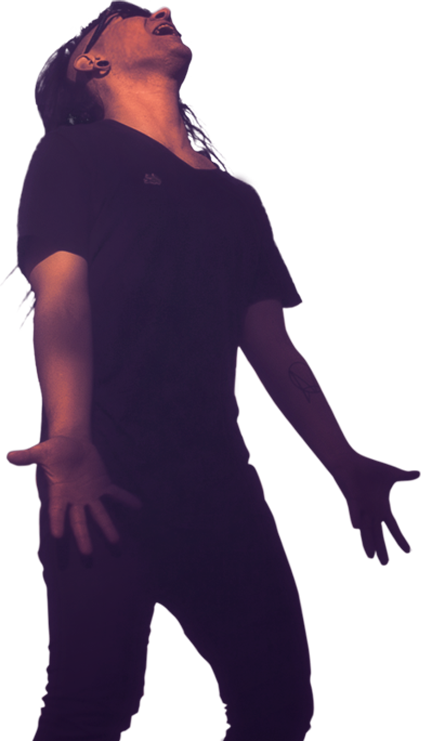Do you guys ever think of doing a Jack U tour?
Do you think fans would like that?
Based on the response I saw while watching and tweeting about your set, they would fucking love it.
We’re doing some more shows, we’re definitely planning. It would be fun to tour with him regardless.
Outside of the forthcoming material with Diplo, what else have you been working on, musically?
I have a lot of stuff. I worked on some sound design for Transformers: Age of Extinction. Moody Good and I made full-on bass, dinosaur-robots-killing-each-other sounds. Just fucking noises, the craziest Skrillex and Moody Good sounds, but times 10 for that movie. There are Dinobots in this new movie, so we got to focus on that new sound.
Did you guys do music for the movie as well?
It was just sound design. I didn’t want to do music. They first assumed I was scoring but it was nice to say, “No, I don’t want to make music, I don’t want to make melodies, I just want to make crazy sounds.” It was a lot of fun sitting there geeking out with Eddie [Jefferys], who’s just a genius, one of the best sound designers in the whole game, and you heard from the stuff [we made] that he’s on that crazy level where it’s just so detailed and 3D and cinematic.
Did they show you footage from the film to create those sounds?
We didn’t have time to do the whole thing, but we did a good chunk. If we wanted to, they would’ve let us do the whole thing, they were so cool and open. We looked at scenes we could identify with immediately like, “OK, we’ll do the Dinobots.”
One collaboration that we’ve not heard much about was the material you worked on with Kanye West. How did that come together?
That was before the concept of Yeezus was even Yeezus. I was in there in the early times. We were in L.A. and we both had a show in Vegas that same night—he was on the Watch the Throne Tour. That was probably my second favorite show ever since Daft Punk. We rode a jet together and hung out, played each others’ beats, and I flipped a couple samples he had, the beats, with him. When we got to the hotel, this giant hotel suite, he was getting his hair cut and I played back and he gave me feedback and I flipped some stuff for him. It didn’t get used, it was so long ago. He sent me so much crazy stuff that didn’t even make it on Yeezus. We’ve been going back and forth for a while about getting back together again. Our schedules are just so crazy.
He’s not big on sending Pro Tools sessions, right? He prefers to be in the studio with you?
For sure. With how he rolls, it’s the best way to do it. He’s able to do that, get up and fly anywhere, which is really cool.
Do you ever plan on taking time off like that, blocking out a year or half a year to make music?
I need to. That’s my next thing, actually taking time off, because I haven’t. Even though it seemed a little slow last year, it was just so full-on with the label side of things and getting in our new building. But I want to take some time off to really reflect on everything and this is just ongoing all the time.
Will you be working or just relaxing?
It’ll be both, because [music] is fun for me. It’s different when you’re making music under the gun and there’s all this other shit going on. The hardest thing to do as an artist when all this other shit is happening is getting into that zone where you’re almost bored, which is the best thing to do. When you’re an artist and you feel bored, you look for something else to do. You try and do this, you try and do that. It’s easy to be getting shit done fast and being comfortable with what you have. But if you have time where you’re doing nothing and you just get that itch, that’s when the best stuff comes out.




